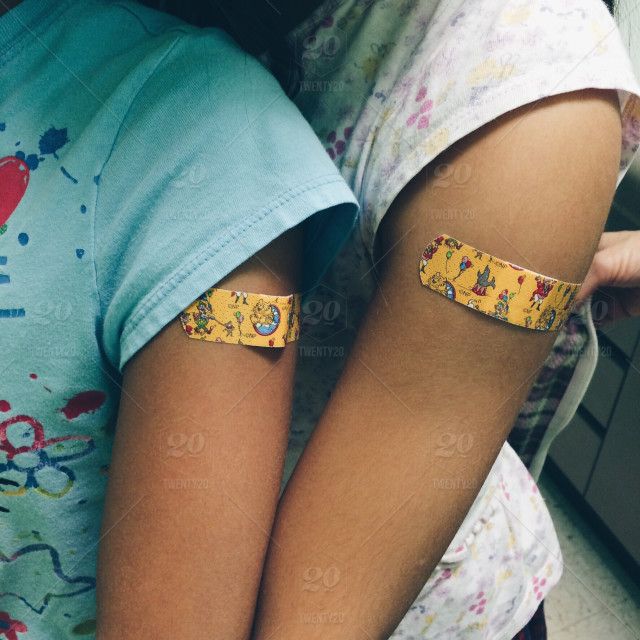West Nile Virus
West Nile virus infects certain wild birds. The infected birds, especially crows, are known to get sick and die from the infection. Reporting of dead birds is a good way to check for West Nile virus activity in the environment to allow implementation of prevention and control measures to minimize the spread of the virus.
Reporting a dead bird
If you suspect a bird (from the CORVID family) has died of West Nile Virus, you can report this to South Heartland District Health Department at (402) 462-6211.
Join The "SWAT TEAM" Against West Nile Virus
West Nile virus is a disease that can be transmitted to humans by mosquitoes. While it has been common in Africa, Asia and Middle East for decades, it first appeared in the U.S. in 1999 in New York. It has since traveled westward across the U.S.
In Nebraska, human cases of West Nile virus showed up in 2002, with 174 cases and 7 deaths. Human West Nile virus cases in Nebraska are as follows:
- 2003 2,366 cases, 29 deaths.
- 2004 54 cases, 0 deaths.
- 2005 241 cases, 5 deaths.
- 2006 311 cases, 2 deaths.
- 2007 163 cases, 4 deaths.
- 2008 45 cases, 0 deaths.
- 2009 52 cases, 0 deaths.
- 2010 39 cases, 2 deaths.
- 2011 29 cases, 0 deaths.
- 2012 193 cases, 4 deaths.
- 2013 226 cases, 5 deaths.
- 2014 142 cases, 8 deaths.
- 2015 93 cases, 2 deaths.
- 2016 123 cases, 0 deaths.
- 2017 63 cases, 2 deaths
- 2018 288 cases, 11 deaths
- 2019 32 cases, 0 death
- 2020: 17 cases, 1 death
- 2021: 125 cases, 8 deaths
- 2022: 64 cases, 4 deaths
HOW THE VIRUS IS SPREAD:
The virus is carried long distances by infected birds and then spread locally by mosquitoes that bite these birds. The mosquitoes can then pass the virus to humans and animals, but primarily to birds and horses. There is a vaccine for horses. A human vaccine is being developed, but won't be available for several years. Dogs and cats can be infected, but rarely become ill and don't spread the virus.
DON'T BREED MOSQUITOES
Mosquitoes lay eggs in still water which hatch in seven to ten days. If standing water is eliminated, many mosquitoes will be kept from breeding in the first place.
Here are some effective things you can do:
- Remove standing water in ponds, ditches, gutters, flower pots, tires and cans.
- Check unusual items that might contain water such as wheelbarrows, hubcaps, toys, garden equipment, pool covers and plastic sheeting. Turn these items upside down to prevent them from holding water
- Drill drainage holes in tire swing
- Stock ornamental ponds, fountains and livestock water tanks with fish that eat mosquito larvae to treat with BTI, a natural bacteria that kills larvae. These can be purchased at garden and home stores or feed and supply stores.
MOSQUITO PREVENTION:
- Dusk to Dawn - Stay indoors from dusk to dawn.These are the times when mosquitoes are most active.
- Dress - Dress in pants and long sleeves when you are outside, especially in mosquito-infested areas.
- DEET (N,N-diethyl-m-toluamide)- Apply insect repellent that contains DEET. Read and follow label instructions, especially when using on children. Spray both exposed skin and clothing with repellent.
- Drain - Get rid of standing water in your yard and neighborhood. Old tires, flowerpots, clogged rain gutters, leaky pipes and faucets, birdbaths and wading pools are breeding sites for mosquitoes.



